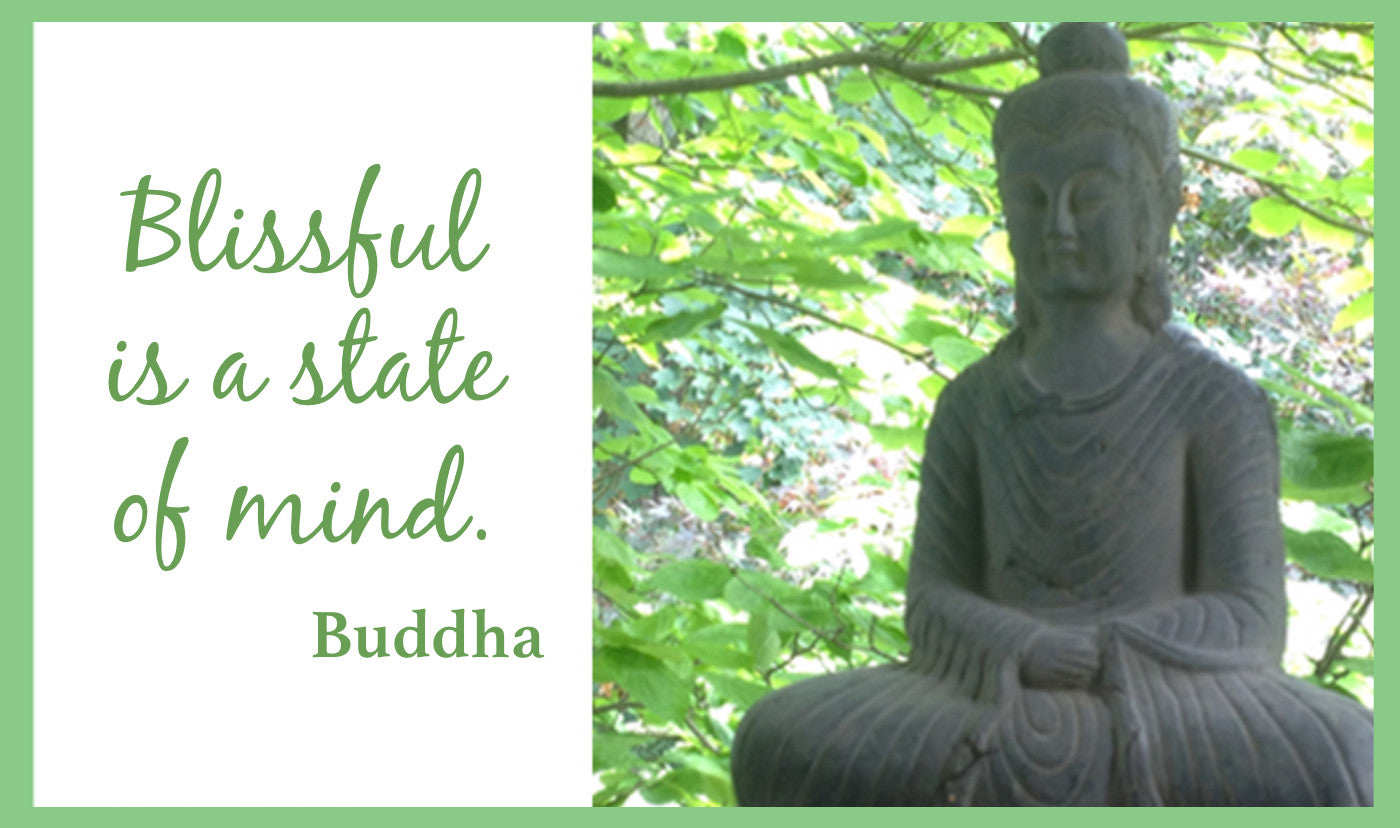

That like ours, the cultures and societies that privileged Pali as a prestige language, were filled with laughter, anger, love, birth, and death. At the same time, he also required that we also recognize our shared humanity with the authors who held such different notions about the nature of the world and experience.

In his books and articles, Steve Collins asked that we approach Pali texts-narratives and systematic ones-on their own terms, and demanded that we make every effort to understand their arguments and assumptions without reducing them to our own categories. Nancy Eberhardt, author of Imagining the Course of Life: Self-Transformation in a Shan Buddhist Community After reading it, I find it impossible to experience anything having to do with Theravada Buddhism-its rituals, its texts, its art-in quite the same way again. I am grateful to the editor and his collaborators for making this posthumous manuscript available to the rest of us and for placing its intellectual contributions in the context of Collins' other work. Collins' genuine respect and appreciation for the sophisticated commentary to be found in Pali texts, combined with his signature straight talk and pull-no-punches style, makes for a provocative book that will be equally rewarding and illuminating to scholars of Buddhist texts and researchers of Buddhist practice. Providing a fresh reading on texts and stories we thought we knew, Collins makes the case that the Pali literature associated most often with Theravada Buddhism is also much more than that-it is a treasure trove of insight into the human condition and how we might meaningfully navigate it. Blackburn, author of Locations of Buddhism: Colonialism and Modernity in Sri Lanka


His thoughtful comparative engagement with studies of asceticism and courtly-literary culture offers much of value to scholars of South and Southeast Asia, as well as other premodern arenas. This powerful work provides original and stimulating ways of understanding Pali texts while creating a bridge between scholars of the Pali world and intellectual historians working elsewhere. A bold reappraisal of the history of Buddhist literature and practice, Wisdom as a Way of Life offers students and scholars across the disciplines a nuanced understanding of the significance of Buddhist ways of knowing for the world today.Ĭollins’ previous books have all been field-changing works. He explores views of monastic life and contemplative practices as complementing and reinforcing textual learning, and argues that the Buddhist tenet that the study of philosophy and ethics involves both rigorous reading and an ascetic lifestyle has striking resonance with modern and postmodern ideas. Collins details the insights of Buddhist texts and practices that promote the ideal of active and engaged learning, offering an expansive and lyrical reflection on Theravāda approaches to meditation, asceticism, and physical training. Approached in this manner, Buddhist notions of the self help us rethink contemporary ideas of self-care and the promotion of human flourishing. He contends that Buddhism should be studied philosophically, literarily, and ethically using its own vocabulary and rhetorical tools. Steven Collins argues that Buddhist philosophy should be approached in the spirit of its historical teachers and visionaries, who saw themselves not as preservers of an archaic body of rules but as part of a timeless effort to understand what it means to lead a worthy life.
Buddha ways of life how to#
This wide-ranging and powerful book argues that Theravāda Buddhism provides ways of thinking about the self that can reinvigorate the humanities and offer broader insights into how to learn and how to act.


 0 kommentar(er)
0 kommentar(er)
